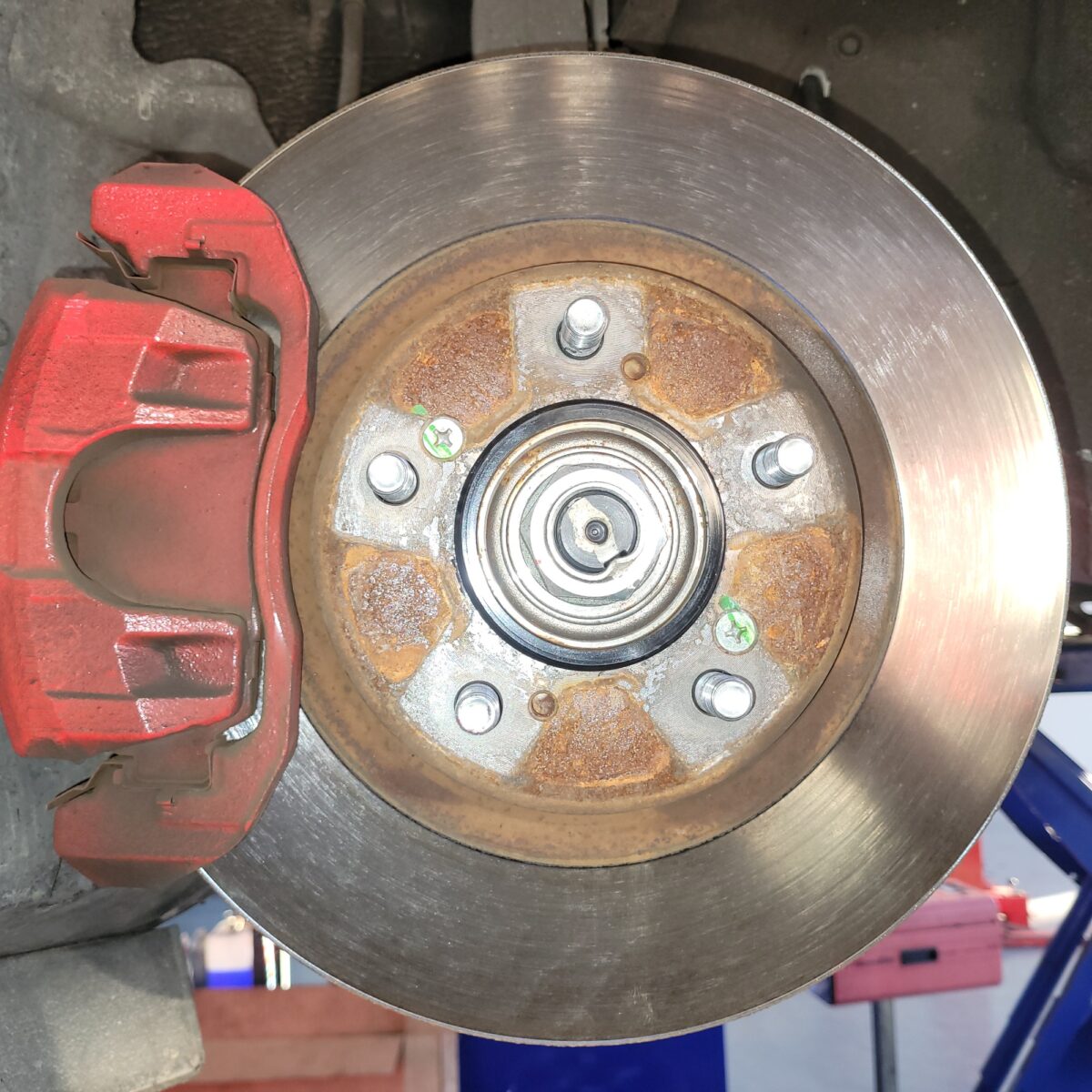How Extra Load Weight Messes With Your Brakes
Ever been running late, chocka full boot, car loaded up with furniture to drop off at mum’s in Cambridge, and it suddenly feels like you need to stand on the brake pedal to stop at those lights on Victoria St? Happens a lot more than you’d think — and it’s not just utes and vans either. Even your trusty Honda Jazz or Toyota Corolla starts feeling different when you’ve got a boot full of gear or three hungry teens in the back seat after footy at Melville.
Brakes cop a beating in Hamilton driving conditions. Loads of stop-start traffic down Grey St, unexpected potholes popping up on Ulster, wet winter mornings, dry dusty heat in February, big speedhumps by the supermarkets, you name it. And if you’re heading out of town, up the hills towards Morrinsville or hauling trailer-loads through Te Awamutu, it gets even trickier. Here’s what we see most often in the workshop – and what you should do to keep your brakes sharp.
Regular Brake Checks
You wouldn’t believe how many brake pads we see worn to crumbs, especially on Mazda CX-5s and Nissan X-Trails used to ferry tradie gear or garden supplies. Get them checked often — and not just for WOF. We see plenty of folks from Rototuna and Glenview coming in with shudders or squeals after heavy hauls. Get us to suss out your pad thickness, rotors, and calipers. If you’re not sure what to look for, have a squiz at these common car maintenance mistakes.
Change Out Those Brake Pads
Load weight chews through brake pads quicker than you’d think. Hyundai Tucsons, Suzuki Swifts, even newer hybrid electrics like Toyota Priuses – heavier bootload or towing a trailer, those pads will wear super fast. Don’t let them go too thin or you’ll wreck your rotors too, and wow, does that get pricey. Look out for weird noises or that scraping sound. Here’s a good read on signs of brake pad wear.
Thinking About Heavy-Duty Brakes?
If you’re making regular runs between Hamilton and places like Matangi or Ohaupo, especially with bikes, equipment, or the family’s gear in tow, maybe time to consider heavy-duty pads or upgraded rotors. Euro wagons like VW Golfs or Skoda Octavias loaded with work gear especially benefit from kits that can handle more weight and more heat. Ask us what’ll suit your vehicle best depending how you use it.
Don’t Forget Your Brake Fluid
We see it all the time — someone’s towing jet skis out to Horsham Downs, brakes feel “spongy” after a few trips. That’s often heat messing with old or low brake fluid. Especially in summer or after a lot of stop-start town driving, check your brake fluid level. Top it up if needed and replace it now and then (not just WOF time!). More on when to swap your brake fluid.
Drive To Suit The Load
Biggest thing: change your habits when you’re carrying extra weight. You see lots of folks racing round Avalon Drive with a car full of camping gear — brakes are gonna wear quicker, get hotter, stop slower. Keep more distance (especially on wet mornings when it’s greasy by The Base), brake in good time, and try not to ride the brakes downhill. Good habits save your gear and keep everyone safe. Loads more tips here for driving with heavy loads.
Final Thoughts
Keeping your brakes sweet when you’re carrying more weight is just smart. Get those regular checks, swap out brake pads when they’re due, upgrade if you’re always heavy, keep the fluid clean and full, and adjust your driving for the load. The team here at Grimmer Motors see all sorts, from city hatchbacks carting kids’ sports gear, to busy tradie vans, to hybrids taking on Morrinsville hills. Whatever you drive, don’t leave your braking to chance.
If you’re not sure your brakes can handle the next heavy-duty ask, just pop in or give us a bell. We’ll make sure your brake system is safe — WOF or not. Expert advice, careful checks, and plenty of experience fixing NZ car problems, right here in Hamilton.

